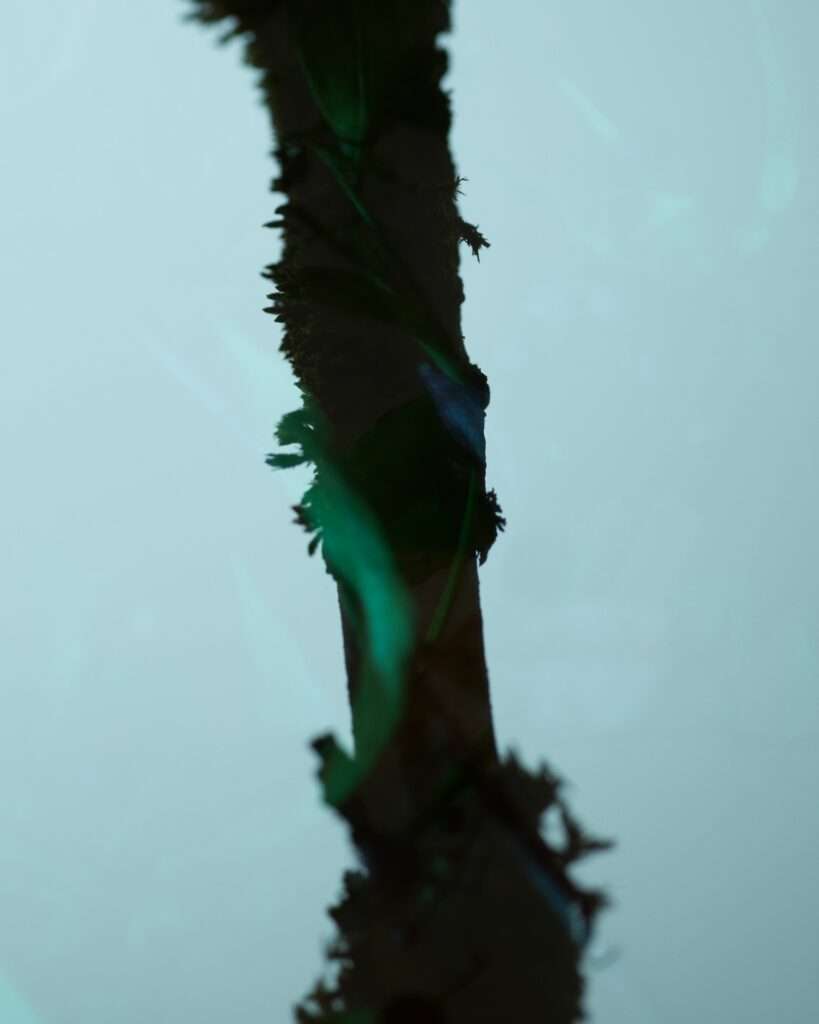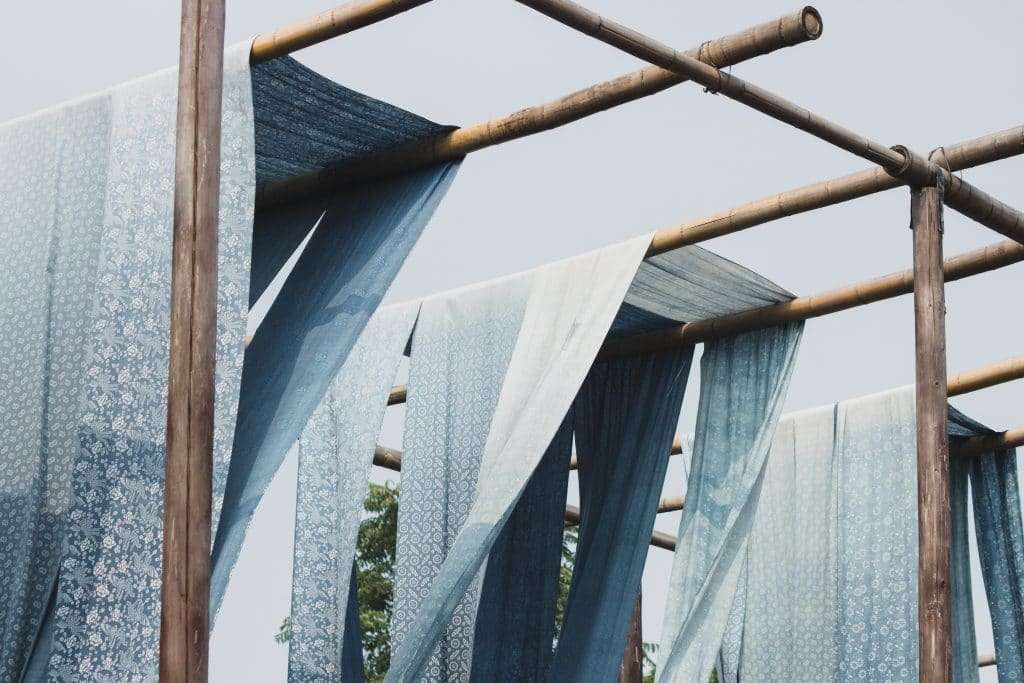Swedish fashion house Filippa K has announced that it will be the first label to use a new recycled and renewable material in its SS24 collection.
The new material is made from a combination of textile waste and wood cellulose, and it has been developed in partnership with Södra, Lenzing, and Riopele. Filippa K called it a “revolutionary pilot fiber,” and the company’s ongoing commitment to finding circular solutions has played a crucial role in bringing it to market.
Founded in 1993, Filippa K’s philosophy is centered on creating timeless, sustainable fashion that is designed to last beyond the season. The label is committed to producing high-quality garments made from eco-friendly materials and utilizing ethical production practices.
In recent years, the brand has become increasingly focused on sustainability and circularity. Filippa K’s goal is to reduce its impact on the environment by using sustainable materials and production methods, as well as reducing waste and encouraging circular consumption patterns.

The brand’s commitment to sustainability is reflected in its collections beyond the new material. Filippa K uses organic cotton, recycled polyester, Tencel, and other sustainable materials to create clothing that is both environmentally friendly and stylish. The brand also encourages customers to take care of their clothes, offering advice on how to extend the life of their garments through proper care and repair.
“We are so excited to be the first brand developing products in the new textile based on Once More pulp using Lenzing’s Refibra technology, supported by Riopele’s creative expertise in yarn and fabric production,” Jodi Everding, Vice President of Sustainability at Filippa K, said in a statement.
Circularity in fashion
Circular solutions are a vital part of the sustainable fashion industry. According to the Ellen MacArthur Foundation, the textile industry is responsible for 1.2 billion tonnes of greenhouse gas emissions every year — a number that’s more than the combined emissions of all international flights and maritime shipping.
Additionally, the industry generates 92 million tonnes of waste annually, and less than one percent of used clothing is recycled into new clothing.
Filippa K’s new material is an example of a circular solution that reduces textile waste and lowers the industry’s environmental impact. The Once More pulp technology from Södra and Refibra technology from Lenzing enable the use of recycled materials, and the wood cellulose component is a renewable resource. The addition of Riopele’s “creative expertise in yarn and fabric production” results in a high-quality material that can be used in the fashion industry.

The partnership also underscores the importance of collaboration in the fashion industry.
“We are not in this alone — collaboration is an essential step in sustainable transformation of the industry. It’s important to us at Filippa K to join forces with like-minded partners who are innovators in their own fields,” Everding said.
“One company alone can’t solve the pressing issue of textile waste,” said Robert van de Kerkhof, Chief Commercial Officer, Fibre, at the Lenzing Group. “It is proactive partnerships like this that enable us to move forward and bring about real systemic change. We’re working hard to make our industries even more sustainable and to drive the transformation of the textile business model from linear to circular. Further efforts from the entire industry are needed for this transformation to take place.”
Filippa K’s announcement comes on the heels of fellow Scandinavian brand Ganni’s recent Bou bag launch. The Danish luxury label used leather from orange peels and cacti to make its vegan leather — part of its commitment to remove animals from its supply chain and support material innovations.
“This bag is really what Ganni is all about,” Ditte Reffstrup, Ganni Creative Director, said in a statement. “We really wanted to design something that speaks to a modern luxury mindset. We wanted to create a really unique design that still carries the Ganni DNA, something that feels easy, playful, but still sophisticated. A bag made to follow you everywhere. I’m also so proud to be launching this silhouette in a new innovative fabric that brings us one step closer to becoming free from virgin leather by 2023. It’s such an exciting moment for us and I can’t wait to see people make it part of their everyday life.”
Related on Ethos:


